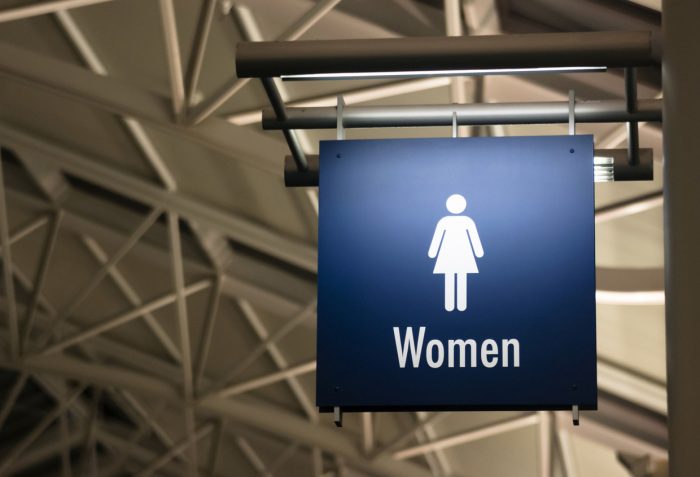
A federal court has upheld an Idaho law prohibiting trans-identified male students from using women’s restrooms and locker rooms at public schools in what supporters of the ruling are praising as a victory for “common sense.”
In an opinion on Thursday, Judge David Nye of the U.S. District Court for the District of Idaho ruled that Idaho’s Senate Bill 1100 is not unconstitutional. Nye, appointed to the bench by President Donald Trump, rejected the argument from the Boise High School Sexuality and Gender Alliance that the law requiring public school students to use bathrooms and locker rooms that align with their sex instead of their self-declared gender identity violates the Equal Protection Clause of the U.S. Constitution.
Nye also disagreed with the plaintiff that Senate Bill 1100 constitutes a violation of Title IX, which requires institutions that receive federal funding to provide equal opportunities for women and girls in education and the right to privacy.
“Separating restrooms by biological sex has been common for centuries. … And for good reason — there are biological differences between men and women. … Those biological differences are deserving of privacy and S.B. 1100’s segregation of restrooms based on sex is related to that interest,” Nye wrote in his opinion.
In a statement on Friday, Idaho’s Republican Attorney General Raul Labrador defended Senate Bill 100 as reflective of “biological reality, protecting all students’ privacy and safety in school restrooms, showers, locker rooms, and other private spaces.” He praised Nye’s decision as “another victory for [common sense] and the dignity of women and girls against activists seeking to push a harmful agenda.”
“We applaud the court’s decision to allow our state to continue its job of preserving each student’s privacy, dignity, and safety and providing a quality education for Idaho’s children,” he added. Labrador’s office worked with Alliance Defending Freedom to defend the law in court.
Alliance Defending Freedom Senior Counsel and Vice President of Litigation Strategy Jonathan Scruggs offered a similar analysis of last week’s ruling in a statement provided to The Christian Post. “Girls deserve safety and dignity in private spaces, and the court is correct to uphold that right as this case continues,” he said. “We hope that this decision is one step closer to a commonsense understanding of the differences between boys and girls.”
Thursday’s decision represents the latest development in the litigation over the law, as the federal court had previously sided against plaintiffs. While the U.S. Court of Appeals for the Ninth Circuit previously granted plaintiffs’ request for a stay of the decision, the federal appellate court upheld the lower court ruling earlier this year.
Following the 2023 passage of Senate Bill 1100 and this year’s passage of House Bill 264 that applies to institutions of higher education, Idaho is one of eight states that ban trans-identified students at K-12 schools and those visiting certain government buildings from using sex-segregated spaces that align with their stated gender identity. The others are: Alabama, Louisiana, Mississippi, North Dakota, Ohio, Oklahoma and West Virginia.
An additional six states prohibit trans-identified individuals from using the wrong bathrooms in all government-owned buildings: Arkansas, Florida, Montana, South Dakota, Utah and Wyoming. Five states, Iowa, Kentucky, South Carolina, Tennessee and Virginia, require students in K-12 schools to use sex-segregated spaces that align with their sex.
Efforts to pass legislation like Senate Bill 1100 stem from concerns about the implications of policies allowing trans-identified males to enter spaces designated for women and girls. In 2022, a group of female athletes on the women’s swimming team at the University of Pennsylvania filed a lawsuit against the school after they had to share a locker room with trans-identified male swimmer Lia (Will) Thomas.
The student athletes alleged that Thomas’ presence in the locker room caused “extreme discomfort” because he “still has male body parts and is attracted to women.”
In 2021, Loudoun County, Virginia, made national news following reports of sexual assaults that occurred in high school girls’ bathrooms at the hands of a “gender-fluid” male student. The school district faced allegations of a cover-up as the first incident took place as the district was considering the implementation of a policy allowing trans-identified students to use restrooms and locker rooms that align with their stated gender identity.
Ryan Foley is a reporter for The Christian Post. He can be reached at: ryan.foley@christianpost.com















